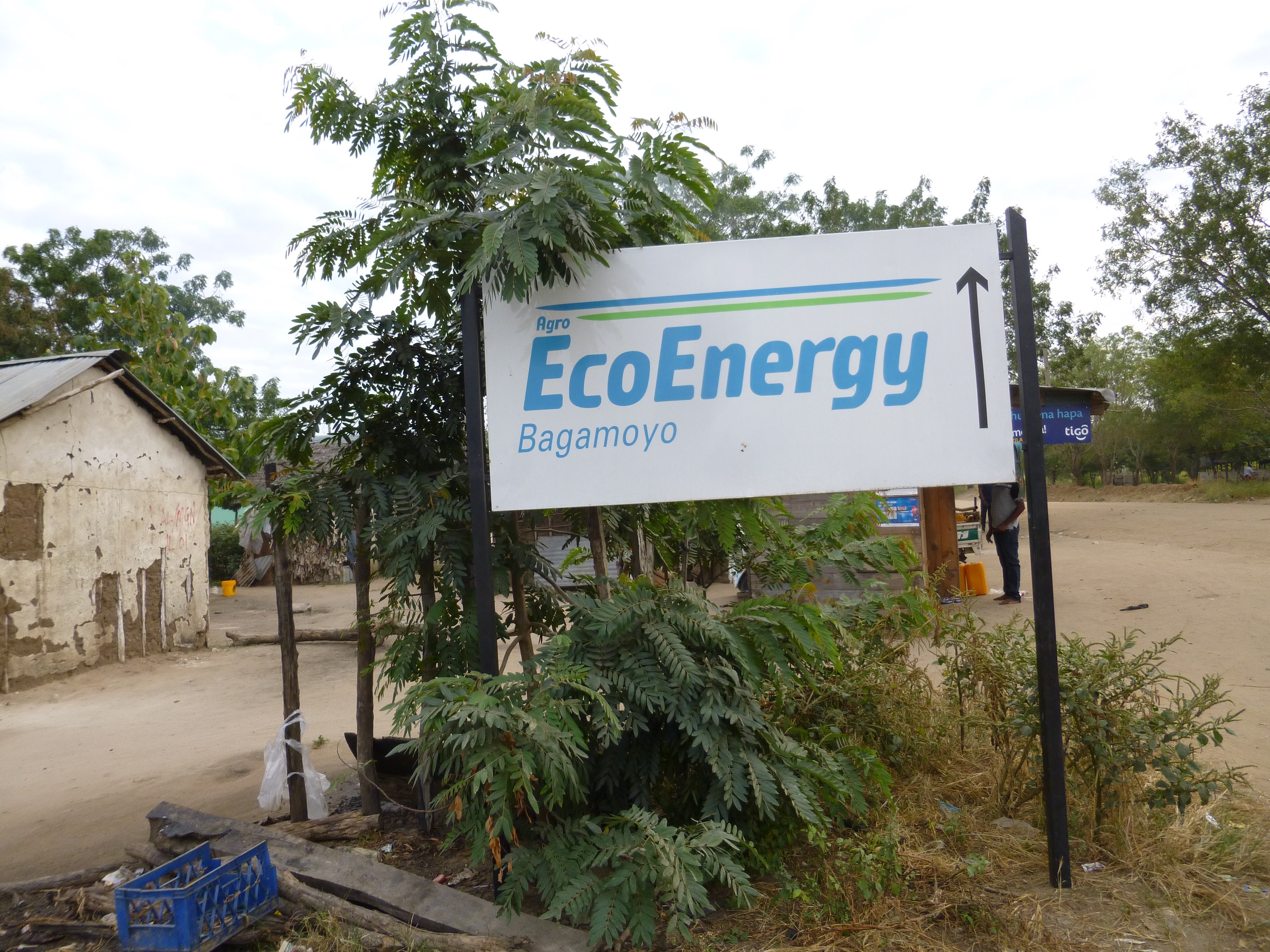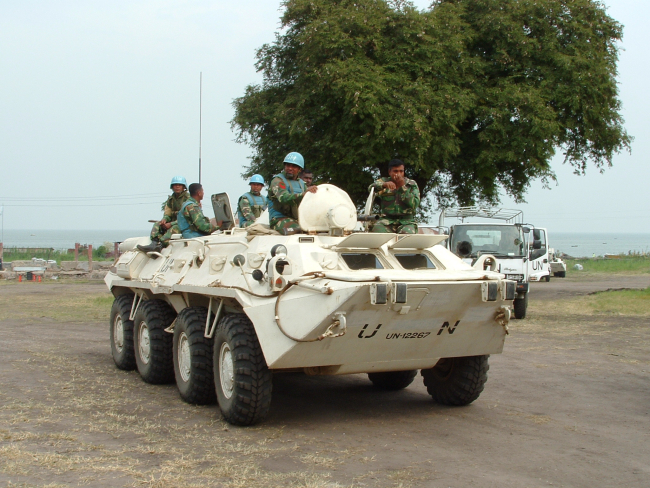Caught in the Web of Bureaucracy? How ‘Failed’ Land Deals Shape the State in Tanzania
After more than ten years of hectic debates on international ‘land grabs’, academic interest in collapsed land deals or projects with unexpected results is growing.

According to the Land Matrix, Tanzania is one of the target countries for such deals, with a number ‘abandoned’ or delayed and projects whose status is unknown. Labelling land deals as ‘failed’ poses conceptual and methodological challenges as long as the criteria for ‘failure’ are undefined. Based on the critical literature on policy failure, this article starts from the premise that the focus on ‘failure’ masks dynamics that actually work, such as administrative resistance and daily state making. Land deals are defined as the implementation of pro-investment land policies. The article then analyzes the trajectories of two interrupted biofuel projects with international investors in the districts of Bagamoyo and Kisarawe.
The results of this analysis show how the uncertainty surrounding the future of both land deals creates room for maneuver for bureaucratic and political agents on different government levels to renegotiate their power, and for transnational civil society stakeholders to consolidate their positions in the land arena. The omnipresence of administrative procedures opens the debate over whether the Tanzanian regime has completed its transition towards liberalism or if it reflects its socialist legacy.
Schlimmer, Sina (2020), "Caught in the Web of Bureaucracy International Development Policy. How 'Failed' Land Deals Shape the State in Tanzania", Revue internationale de politique de développement, vol. 12, n°2.

Available in:
Regions and themes
Share
Related centers and programs
Discover our other research centers and programsFind out more
Discover all our analysesAnglo-Kenyan Relations (1920-2024) : Conflict, Alliance and a Redemptive Arc
This article provides an evidentiary basis for postcolonial policy in its analysis of Anglo-Kenyan relations in a decolonization era.
When City Diplomacy Meets Geopolitics: A Framework to Help Cities Navigate Geopolitical Risk
Crises and the increasing polarization of international relations make political risk analysis an indispensable resource for internationally active public and private entities.
The United Nations Mission in Congo or the exemplary uselessness of the United Nations peacekeepers
During the M23 conflict in 2012-2013 in the Democratic Republic of Congo (DRC), the United Nations (UN) took the diplomatic initiative (by initiating the Addis Ababa agreement) and the military initiative (by launching a coordinated counter-offensive with the Congolese army). Since the resurgence of this conflict in 2022, the United Nations, which still has more than 10,000 peacekeepers deployed in eastern DRC, no longer plays any role.
Rebooting Italy's Africa Policy: Making the Mattei Plan Work
Against the backdrop of increasing anti-French rhetoric across parts of Francophone Africa, the relative failure of the counterinsurgency operation in the central Sahel (Operation Barkhane) and diplomatic rifts with several Sahelian countries, Paris has been rethinking its relationship with the continent for several years now. As a former imperial power that has seen its colonial domain in Africa gain independence between 1956 (Morocco-Tunisia) and 1977 (Djibouti), France has invented two successive roles for itself in Africa since 1960, particularly in French-speaking sub-Saharan Africa.








